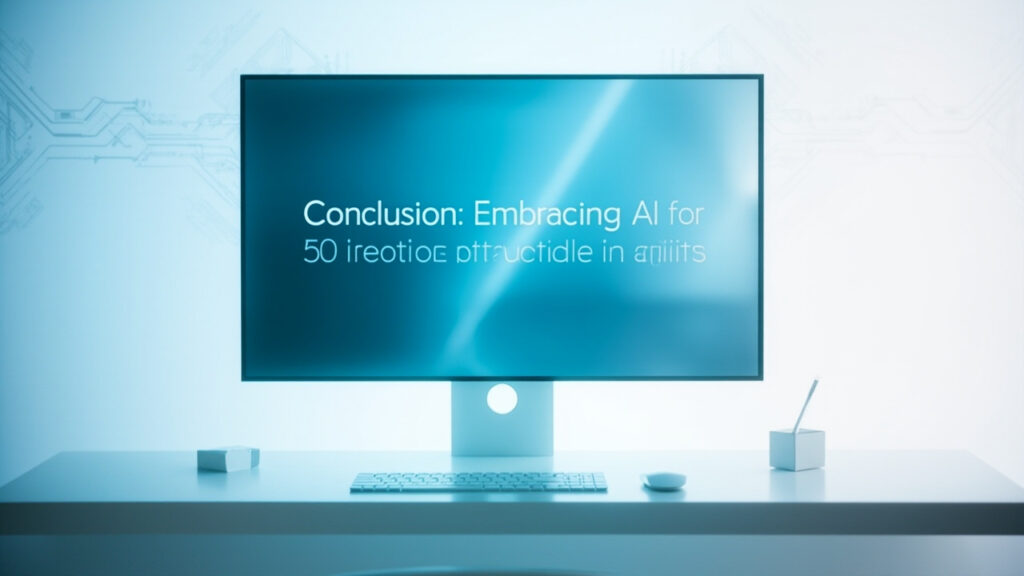In the realm of software development, the importance of quality assurance cannot be overstated. As software systems become more complex and integral to business operations, the need for effective testing strategies becomes paramount. Traditional testing methods, however, often struggle to keep pace with the rapid advancements in software development, leading to bottlenecks, missed defects, and delayed releases.
This comprehensive article will delve into the evolving landscape of software testing, highlighting the challenges faced by modern development teams and exploring innovative solutions that can enhance testing efficiency and effectiveness. Among these solutions, we will subtly incorporate the capabilities of GenQE, an AI-powered software testing platform, illustrating its utility in addressing specific pain points within the testing process.
By the end of this article, you will have a deeper understanding of the critical role that advanced testing tools, particularly those powered by artificial intelligence, play in delivering high-quality software products. You’ll also gain insights into how these tools can transform your testing strategy from a necessary gatekeeper to a powerful enabler of innovation and speed.
The Evolution of Software Testing

The Shift from Manual to Automated Testing
Historically, software testing has been predominantly manual, involving detailed human review of each feature to identify discrepancies against expected outcomes. While effective, this approach is time-consuming and often becomes a bottleneck in the development process.
The transition to automated testing marked a significant advancement in the field, allowing repetitive tasks to be executed by software tools. This shift not only sped up the testing process but also reduced human errors, leading to more reliable results. However, as software applications have grown in complexity, even sophisticated automated testing strategies can struggle to keep pace.
Adapting to Agile and Continuous Integration
With the adoption of agile methodologies and continuous integration/continuous deployment (CI/CD) practices, the software testing landscape has had to evolve rapidly. These methodologies emphasize quick development cycles, regular updates, and early detection of issues, requiring testing processes to be more flexible and faster than ever.
This need for speed and adaptability has paved the way for more advanced testing tools that can integrate seamlessly into the CI/CD pipeline, providing continuous feedback and ensuring that any changes do not break existing functionality.
Challenges in Modern Software Testing

Keeping Up with Development Speed
In today’s fast-paced development environments, one of the primary challenges is maintaining a balance between speed and quality. Testing teams are often under pressure to provide quick feedback, while also ensuring that the software is free from bugs and meets all user requirements.
Ensuring Comprehensive Test Coverage
As applications grow in complexity, ensuring comprehensive test coverage becomes increasingly challenging. Traditional testing methods may leave gaps, particularly in edge cases or in interactions between different system components.
Handling Fluctuating Requirements
In agile environments, requirements can change frequently, making it difficult for testing teams to keep their test cases and scripts up to date. This often leads to delays and increases the risk of defects slipping through.
The Role of AI in Enhancing Software Testing

AI-Driven Test Generation
One of the most significant contributions of AI to software testing is the ability to automatically generate test cases. Tools like GenQE analyze software requirements, user behavior, and historical data to create detailed test scenarios. This not only speeds up the testing process but also improves coverage by identifying edge cases that human testers might overlook.
Intelligent Test Execution
AI technologies also enhance the efficiency of test execution. By prioritizing test cases based on risk and potential impact, tools ensure that critical issues are identified early in the development cycle. This targeted approach helps conserve resources and focus efforts where they are most needed.
Self-Healing Test Scripts
AI-powered testing tools can automatically update test scripts when changes are made to the application’s UI or APIs. This self-healing capability reduces the maintenance burden on test teams and minimizes downtime caused by broken tests.
GenQE: A Case Study in AI-Powered Testing Efficiency

Integration with Development Tools
GenQE seamlessly integrates with popular development and CI/CD tools like Jenkins, GitHub Actions, and Azure DevOps. This integration facilitates continuous testing, ensuring that every change is automatically tested, and feedback is provided promptly.
Advanced Analytics and Reporting
Beyond just executing tests, GenQE provides detailed analytics and insights into the testing process. These reports help teams track trends, identify recurring issues, and refine their testing strategies based on empirical data.
The Future of Software Testing with AI

As we look to the future, the role of AI in software testing is set to expand even further. With advancements in machine learning and predictive analytics, AI tools will not only detect current issues but also predict potential future failures, allowing teams to proactively address problems before they impact the user experience.
This proactive approach to testing will be crucial for maintaining the quality of increasingly complex software systems, making AI an indispensable tool in the software developer’s toolkit.
Conclusion: Embracing AI for Better Software Quality

The journey of software testing from manual checks to AI-powered automation reflects the broader evolution of the software development industry. As we have seen, tools like GenQE are at the forefront of this transformation, offering capabilities that significantly enhance the efficiency, effectiveness, and scope of software testing.
For development teams looking to stay competitive and maintain high standards of quality, integrating advanced AI-powered testing tools into their processes is not just an option—it’s a necessity. By embracing these technologies, teams can not only streamline their workflows but also foster a culture of quality and innovation.
As we continue to push the boundaries of what software can achieve, let us also ensure that our testing strategies evolve accordingly. Explore GenQE and other AI-driven tools to discover how they can revolutionize your testing process and help you deliver better software, faster.
Discover More Innovative Solutions
Want to learn more about the tools and technologies discussed in this article? Explore how these innovations can be tailored to your specific needs and workflow requirements.
Our team of experts is available to answer your questions and provide personalized insights into how modern solutions like GenQE can address your specific challenges.